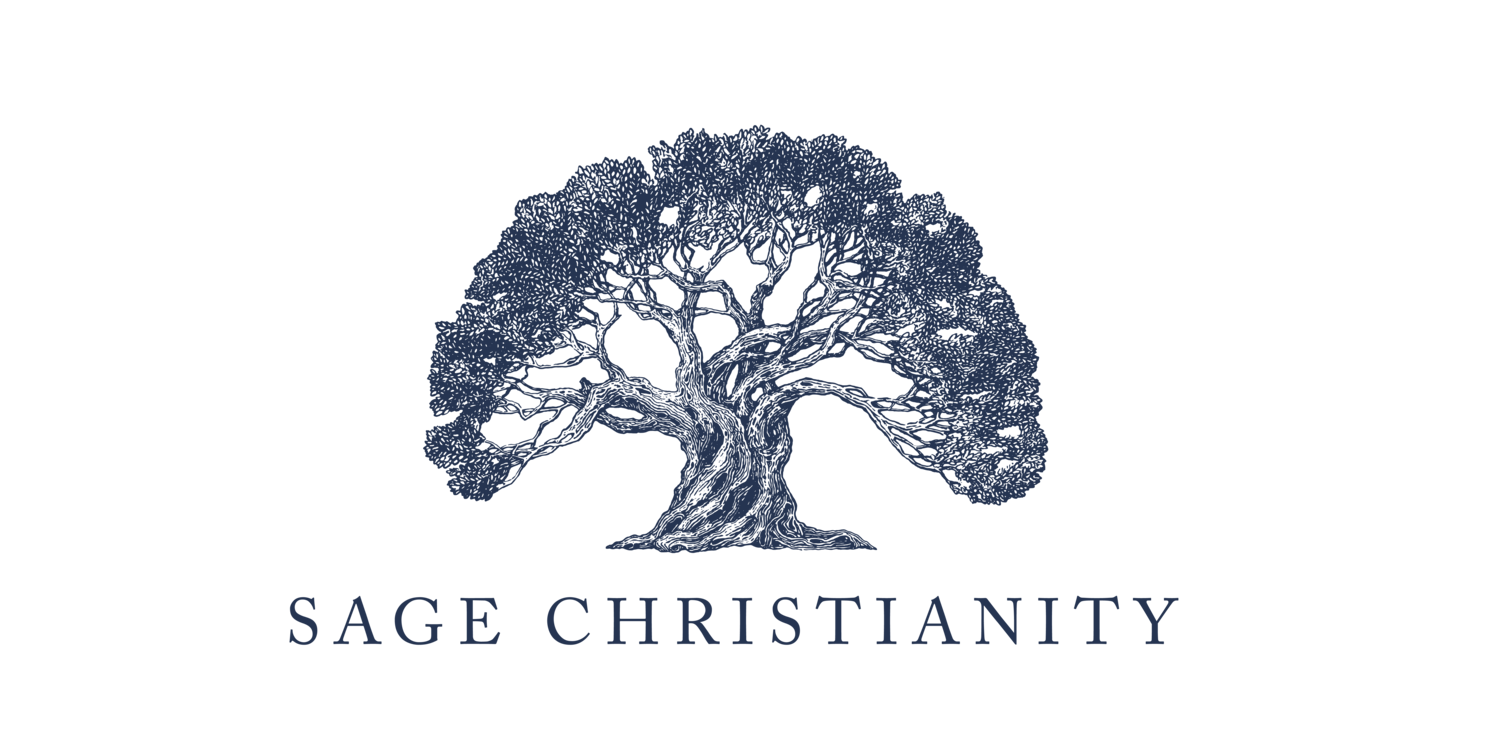What if Expert Knowledge isn’t Wise Enough for a Happy Life?
Sometimes Jesus could be excruciatingly opaque in what he wisely said to people.
For example, near the end of his life, as the time of his crucifixion approached, Jesus spoke to his closest friends about what would transpire. “A little while,” he told them in John 16:16, “and you will see me no longer; and again a little while, and you will see me.”
Now, I don’t know about how you would have heard that, but the disciples were confused. They were saying, “What does Jesus mean by ‘a little while’”? We do not know what he is talking about. (16:17-18).
What If We Don’t Understand Jesus?
Truly, truly, I say to you, you will weep and lament, but the world will rejoice. You will be sorrowful, but your sorrow will turn into joy. When a woman is giving birth, she has sorrow because her hour has come, but when she has delivered the baby, she no longer remembers the anguish, for joy that a human being has been born into the world. So also you have sorrow now, but I will see you again and your hearts will rejoice, and no one will take your joy from you’ (16:20-22).
Here’s the question: would you have found that helpful? Or would you have remained somewhat confused? And here’s my point:
Jesus could be very clear when he wanted to. What if he was sometimes opaque for a reason?
In hindsight, we can see that Jesus in John 16 was telling the disciples that he would leave them during his arrest, trial, and death, and then be with them again after his resurrection. And then would come his ascension and he would again leave them, and us, until his return to consummate his kingdom.
Could it be that rather than spell out a timeline (which he could have done) Jesus wanted to give them—and us—a saying that could reside in the imagination, a fragment of a story in which we can live in faith?
What is Wisdom? How Does it Differ from Expert Knowledge?
I am not anti-expertise. I’m grateful for the tech serviceman who knew in twenty minutes how to fix a component that four days of my effort couldn’t help. But wisdom invites expertise to humility. For all there is to know, no one is capable of mastering more than a fraction of it. We might be up on the latest technology but uncertain about which flowers will do best in a hanging pot on our porch. I may be able to build a deck that is the envy of the neighborhood but baffled by the electronic locks on my car.
The wise person answers your question by saying something that invites quiet reflection; the expert answers by outlining knowledge that solves your problem.
The expert’s preferred tool for communication is PowerPoint; those who are wise tend to tell a story, a proverb and send you away with the suggestion you learn to live in them.
Wisdom is always relationally centered, so that being with the one who is wise, and spending time with them is essential to becoming wise. Knowledge can be emailed.
Wisdom insists that things are convoluted, interrelated and very richly textured, that reality is messy, and that answers always lead to more questions.
Expertise insists that when things are reduced to their basic essentials the solutions and proposals will be precise, straightforward and easy to comprehend.
Wisdom suggests that life is best lived in the company of the faithful; expertise argues that enough studies will present a solution.
Only someone who is wise can help us identify our calling, after which a vocational expert can help us land an appropriate job.
Only someone who is wise can provide the story necessary to define the story of my life, after which a real estate expert can help us find a house in which we can live out our story before a watching world.
Only someone who is wise can tell us whether to go to war, after which the experts can inform the generals which armaments are needed to neutralize the enemy’s attacks.
The Way of Wisdom We Most Need
Over the years our living room has been graced with numerous people who told us they had received answers—usually complete with proof texts—that in the end answered nothing. Some of them didn’t need to hear anything from us; what they yearned for was that we listen to them and in doing so affirm the significance of their existence, their struggle, their pain. Some just needed a safe place to rant, and like the psalmists bring their complaints against God to God without being chided for forgetting that everything works together for good.
Many of them had read the books of experts but needed to hear the poetry of prophets and the fiction of the Redeemer.
Expertise helps us but if we are really to flourish we will need wisdom.
The full original version of this article was entitled "Expertise vs. Wisdom" and can be found here. https://ransomfellowship.org/article/expertise-vrs-wisdom/
